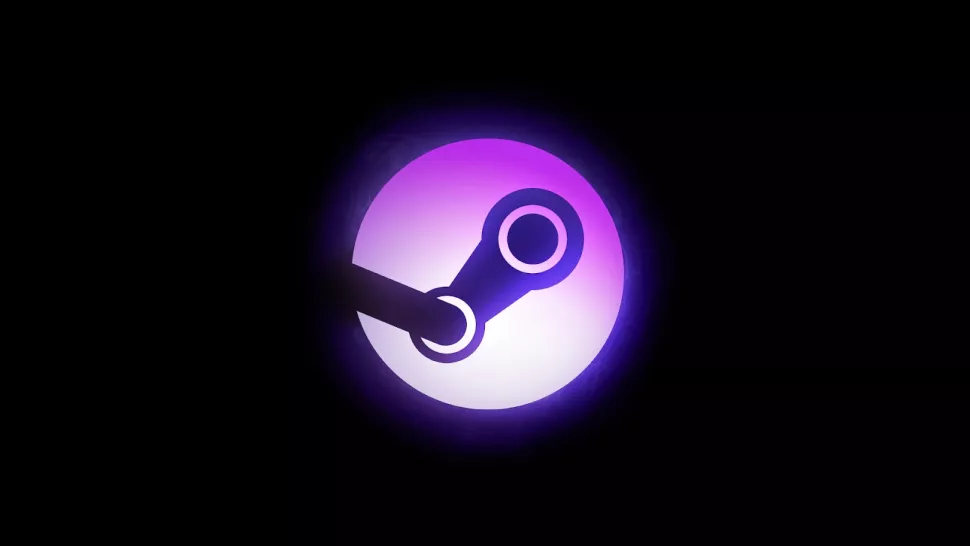The Future of Esports: A Look into the Growing Phenomenon
SOURCE: HTTPS://GAMEISHARD.GG/
OCT 16, 2023
The antitrust lawsuit against Valve is back on
SOURCE: PCGAMER.COM
MAY 11, 2022

The antitrust lawsuit between Valve and Wolfire Games is back on track. The suit was dismissed in November 2021 for failing to meet necessary standards, but without prejudice, meaning Wolfire had 30 days to amend the complaint and refile it. Somewhat unexpectedly, that's what it did, and a judge has now ruled that the case can move forward.
The original lawsuit contended that Valve uses its dominance of the PC gaming market through Steam to suppress competition, while extracting "an extraordinarily high cut from nearly every sale that passes through its store." That keeps game prices artificially high, according to Wolfire, the indie developer of games including Lugaru and Overgrowth and originator of the Humble Bundle.
"In order to afford Valve's 30 percent commission, game publishers must raise their prices to consumers and can afford to invest fewer resources in innovation and creation," the lawsuit stated. "Gamers are injured by paying higher retail prices caused by Valve's high commissions."
And while the Epic Games Store has made previously unprecedented inroads into the digital PC market, it was actually cited as a failure in the suit because Epic was only able to do so by spending truckloads of cash on exclusive deals and giveaways.
Valve, naturally, defended its practices, saying its 30% cut "has become the 'industry standard'," and that it actually faces competition from some of the biggest companies in the business, including Microsoft, Epic, and Amazon. It also criticized Wolfire's suit for a lack of specific claims: The claim that Valve forbids developers from selling discounted Steam keys through other distributors, for instance, arose from "a single anecdote" involving one unnamed developer, Valve said. The judge in the case apparently agreed with that assessment, saying in the dismissal that the lawsuit "does not articulate sufficient facts to plausibly allege an antitrust injury."
The updated suit was enough to at least partially fill in those blanks. A ruling filed on May 9 and available via GameDiscoverCo noted that the amended filing doesn't make any new claims, but instead "provides additional context" to the original allegations. One such example is a note about Valve's acquisition of the World Opponent Network [WON] in 2001, which it shut down a few years later, "forcing gamers onto the Steam platform."
"This denotes market power earlier on than described in the CAC [class action complaint]," the ruling states. "And while both complaints indicate that, in those early days, Defendant was competing against brick-and-mortar game distributors, the SAC [second amended class action complaint] makes it clear that Defendant did not need market power to charge a fee well above its cost structure because those brick-and-mortar competitors had a far higher cost structure."
It's not a clear-cut win for Wolfire. Four causes of action in the lawsuit, resting on the claim that the Steam platform and Steam storefront operate in separate markets, were dismissed, as was part of the seventh cause of action—and with prejudice this time, meaning the claims cannot be filed again. The remaining claims, however, which "rest on the theory that Defendant [Valve] competes in a single, integrated game platform and transaction market," will be allowed to proceed.
As GameDiscoverCo points out, the ruling isn't a judgment on any of the lawsuit's claims, it simply grants Wolfire an opportunity to make its case, which is where things get both very complex and very expensive. A recent ruling in the Epic v. Apple case stating that Apple is "not a monopolist" (and that allows Apple to continue charging 30% fees on the App Store) could indicate that Wolfire has a tough road ahead, but at least now it's got a shot.
I've reached out to Wolfire and Valve for comment on the ruling, and will update if I receive a reply.

Andy has been gaming on PCs from the very beginning, starting as a youngster with text adventures and primitive action games on a cassette-based TRS80. From there he graduated to the glory days of Sierra Online adventures and Microprose sims, ran a local BBS, learned how to build PCs, and developed a longstanding love of RPGs, immersive sims, and shooters. He began writing videogame news in 2007 for The Escapist and somehow managed to avoid getting fired until 2014, when he joined the storied ranks of PC Gamer. He covers all aspects of the industry, from new game announcements and patch notes to legal disputes, Twitch beefs, esports, and Henry Cavill. Lots of Henry Cavill.
LATEST NEWS
Augmented Reality
Hi-tech smart glasses connecting rural and remote aged care residents to clinicians
NOV 20, 2023
WHAT'S TRENDING


Data Science
5 Imaginative Data Science Projects That Can Make Your Portfolio Stand Out
OCT 05, 2022

SOURCE: HTTPS://GAMEISHARD.GG/
OCT 16, 2023
SOURCE: HTTPS://AFKGAMING.COM/
SEP 26, 2023
SOURCE: HTTPS://NEWS.CUMBRIA.AC.UK/
SEP 26, 2023
SOURCE: HTTPS://GEEKSPIN.CO/LENOVO-LEGION-GO/
SEP 01, 2023
SOURCE: WWW.GAMESPOT.COM/
AUG 22, 2023
SOURCE: HTTPS://TECH.HINDUSTANTIMES.COM/
AUG 16, 2023
SOURCE: HTTPS://WWW.SCIENCEDAILY.COM/
AUG 08, 2023